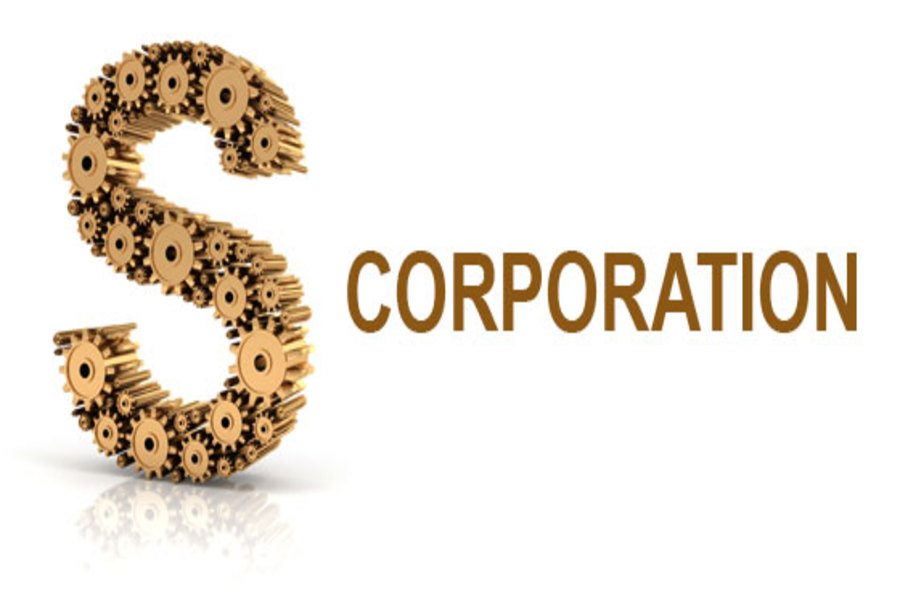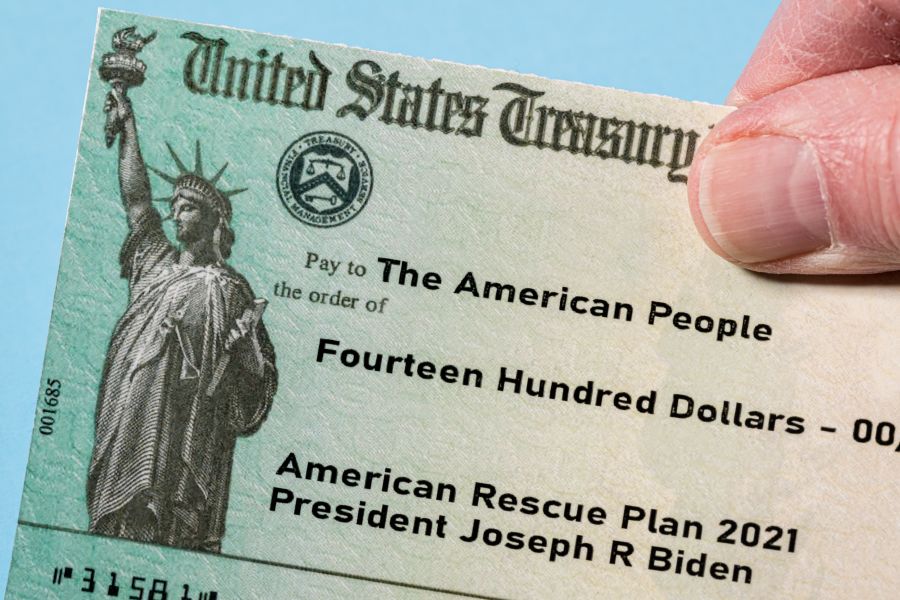As a business owner, you should be aware that you can save family income and payroll taxes by putting your child on the payroll. Here are some considerations. Shifting business earnings You can turn some of your high-taxed income into tax-free or low-taxed income by shifting some business earnings to a child as wages for services performed. In order for your business to deduct the wages as a business expense, the work done by the child must be legitimate and the child’s salary must be reasonable. For example, suppose you’re a sole proprietor in the 37% tax bracket. You hire your 16-year-old son to help with office work full-time in the summer and part-time in the fall. He earns $10,000 during the year (and doesn’t have other earnings). You...

Owners of incorporated businesses know that there’s a tax advantage to taking money out of a C corporation as compensation rather than as dividends. The reason: A corporation can deduct the salaries and bonuses that it pays executives, but not dividend payments. Thus, if funds are paid as dividends, they’re taxed twice, once to the corporation and once to the recipient. Money paid out as compensation is only taxed once — to the employee who receives it. However, there are limits to how much money you can take out of the corporation this way. Under tax law, compensation can be deducted only to the extent that it’s reasonable. Any unreasonable portion isn’t deductible and, if paid to a shareholder, may be taxed as if it were...
Are you thinking about buying or replacing a vehicle that you’ll use in your business? If you consider a heavy SUV, you may be able to benefit from lucrative tax rules for those vehicles. Bonus depreciation Under current law, 100% first-year bonus depreciation is available for qualified new and used property that’s acquired and placed in service in a calendar year. New and pre-owned heavy SUVs, pickups and vans acquired and put to business use in 2021 are eligible for 100% first-year bonus depreciation. The only requirement is that you must use the vehicle more than 50% for business. If your business usage is between 51% and 99%, you can deduct that percentage of the cost in the first year the vehicle is placed in service. This...
Are you thinking about launching a business with some partners and wondering what type of entity to form? An S corporation may be the most suitable form of business for your new venture. Here’s an explanation of the reasons why. The biggest advantage of an S corporation over a partnership is that as S corporation shareholders, you won’t be personally liable for corporate debts. In order to receive this protection, it’s important that the corporation be adequately financed, that the existence of the corporation as a separate entity be maintained and that various formalities required by your state be observed (for example, filing articles of incorporation, adopting by-laws, electing a board of directors and holding organizational meetings). Anticipating losses If you expect that the business will incur losses...
The U.S. Department of Labor (DOL) recently issued EBSA Disaster Relief Notice 2021-01, which is of interest to employers. It clarifies the duration of certain COVID-related deadline extensions that apply to health care benefits plans. Extensions to continue The DOL and IRS issued guidance last year specifying that the COVID-19 outbreak period — defined as beginning March 1, 2020, and ending 60 days after the announced end of the COVID-19 national emergency — should be disregarded when calculating various deadlines under COBRA, ERISA and HIPAA’s special enrollment provisions. The original emergency declaration would have expired on March 1, 2021, but it was recently extended. Although the agencies defined the outbreak period solely by reference to the COVID-19 national emergency, they relied on statutes allowing them to specify disregarded periods for a...
While many businesses have been forced to close due to the COVID-19 pandemic, some entrepreneurs have started new small businesses. Many of these people start out operating as sole proprietors. Here are some tax rules and considerations involved in operating with that entity. The pass-through deduction To the extent your business generates qualified business income (QBI), you’re eligible to claim the pass-through or QBI deduction, subject to limitations. For tax years through 2025, the deduction can be up to 20% of a pass-through entity owner’s QBI. You can take the deduction even if you don’t itemize deductions on your tax return and instead claim the standard deduction. Reporting responsibilities As a sole proprietor, you’ll file Schedule C with your Form 1040. Your business expenses are deductible against gross income....
President Biden signed the $1.9 trillion American Rescue Plan Act (ARPA) on March 11. While the new law is best known for the provisions providing relief to individuals, there are also several tax breaks and financial benefits for businesses. Here are some of the business tax highlights of ARPA. The Employee Retention Credit (ERC) This valuable tax credit is extended from June 30 until December 31, 2021. The ARPA continues the ERC rate of credit at 70% for this extended period of time. It also continues to allow for up to $10,000 in qualified wages for any calendar quarter. Taking into account the Consolidated Appropriations Act extension and the ARPA extension, this means an employer can potentially have up to $40,000 in qualified wages per employee through 2021. Employer-Provided Dependent Care...
Are you a business owner thinking about hiring? Be aware that a recent law extended a credit for hiring individuals from one or more targeted groups. Employers can qualify for a tax credit known as the Work Opportunity Tax Credit (WOTC) that’s worth as much as $2,400 for each eligible employee ($4,800, $5,600 and $9,600 for certain veterans and $9,000 for “long-term family assistance recipients”). The credit is generally limited to eligible employees who began work for the employer before January 1, 2026. Generally, an employer is eligible for the credit only for qualified wages paid to members of a targeted group. These groups are: Qualified members of families receiving assistance under the Temporary Assistance for Needy Families (TANF) program, Qualified veterans, Qualified ex-felons, Designated community residents, ...
The American Rescue Plan, 2021 (ARPA, 2021) was signed by President Biden on March 11, 2021 to address the continuing economic impact on employers and employees the coronavirus (COVID-19) pandemic has posed. The legislation extends and expands provisions found in the Families First Coronavirus Relief Act (FFCRA), Coronavirus Aid, Relief and Economic Security (CARES) Act, and the Consolidated Appropriations Act, 2021 (CAA, 2021). This post reviews the payroll provisions of ARPA. Paid Sick and Family Leave Credits Changes under ARPA apply to amounts paid with respect to calendar quarters beginning after March 31, 2021. ARPA, 2021: Extends the FFCRA paid sick time and paid family leave credits from March 31, 2021 through September 30, 2021. Provides that paid sick and paid family leave credits may each be...
During the COVID-19 pandemic, many people are working from home. If you’re self-employed and run your business from your home or perform certain functions there, you might qualify for home office deductions and be able to claim to expenses against your business income. There are two methods for claiming this tax break: the actual expenses method and the simplified method. Who qualifies? In general, you qualify for home office deductions if part of your home is used “regularly and exclusively” as your principal place of business. If your home isn’t your principal place of business, you may still be able to deduct home office expenses if 1) you physically meet with patients, clients or customers on your premises, or 2) you use a storage area in your home...











